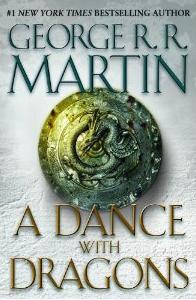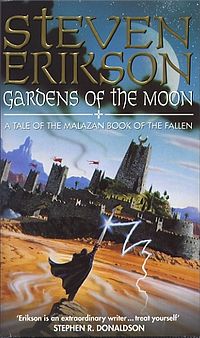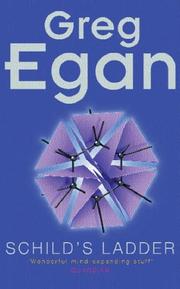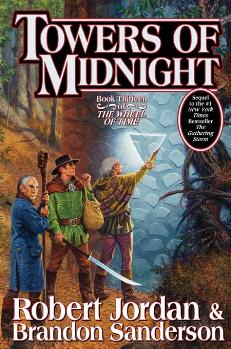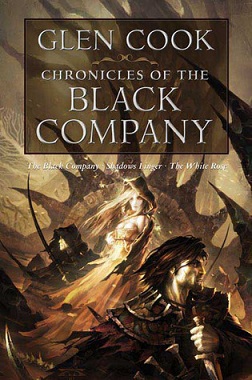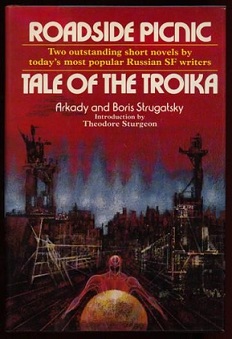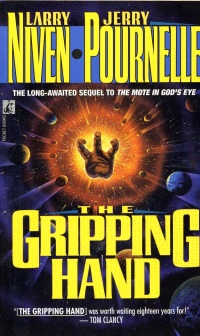
The Gripping Hand is the sequel to The Mote in God’s Eye. In some markets, it is also sold as The Moat around Murcheson’s Eye, which is a mouthful for a title but perhaps makes more sense. It was released in 1993, a full eighteen years after the first book was published. (George R.R. Martin fans might want to take note.) That’s almost as long as the time that has passed in-universe between the events of the two books.
The sequel centers around two characters from the first book. Kevin Renner who was navigator on board the INSS MacArthur during the mission to Mote Prime and Horace Bury, the trading magnate who initially saw the Moties as a tremendous money-making opportunity but later became terrified of them. The two are now agents of Navy Intelligence, with the responsibility of ferreting out rebel threats to the Empire while the Imperial Navy concentrates its resources on the Motie blockade.
